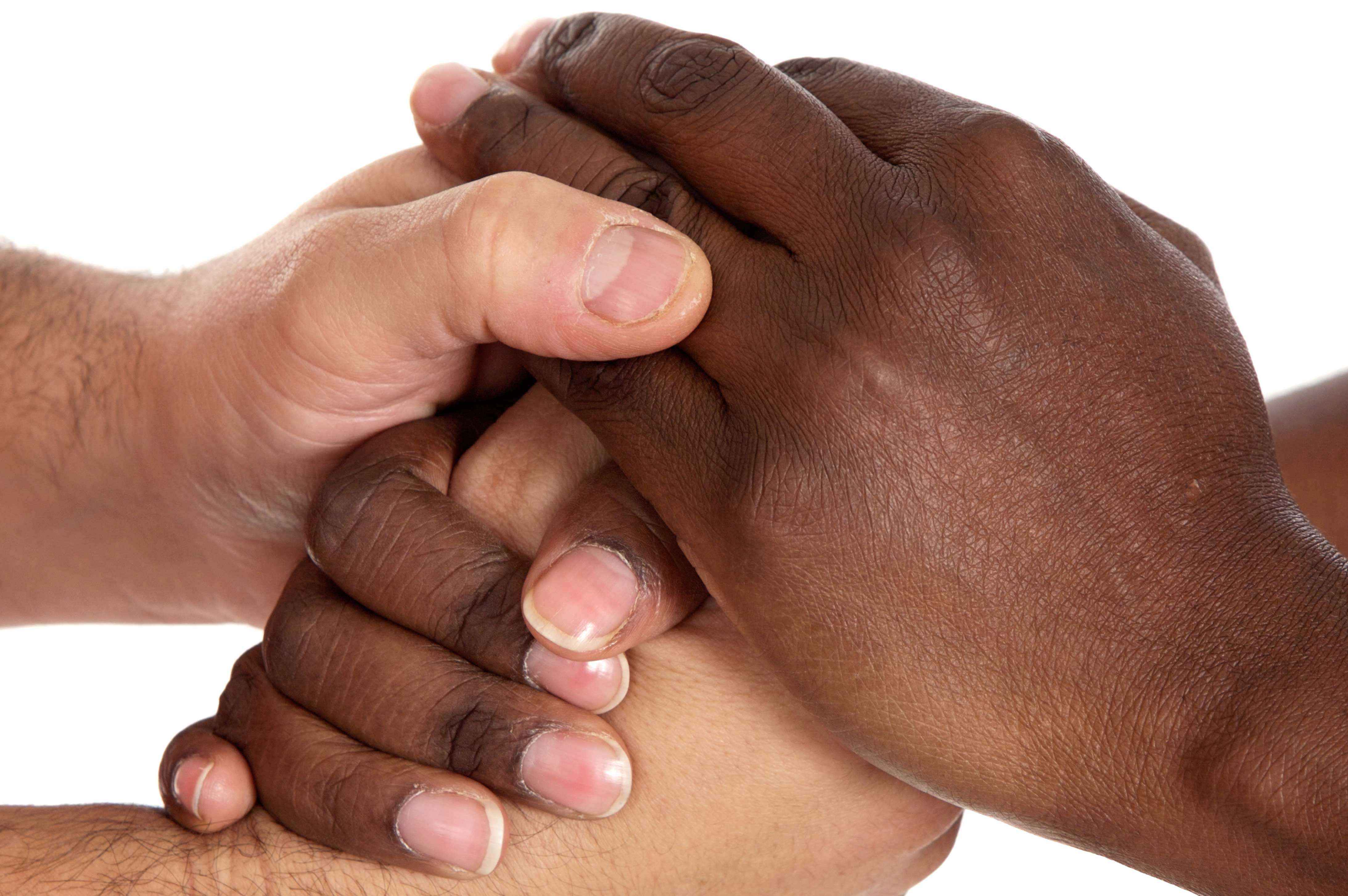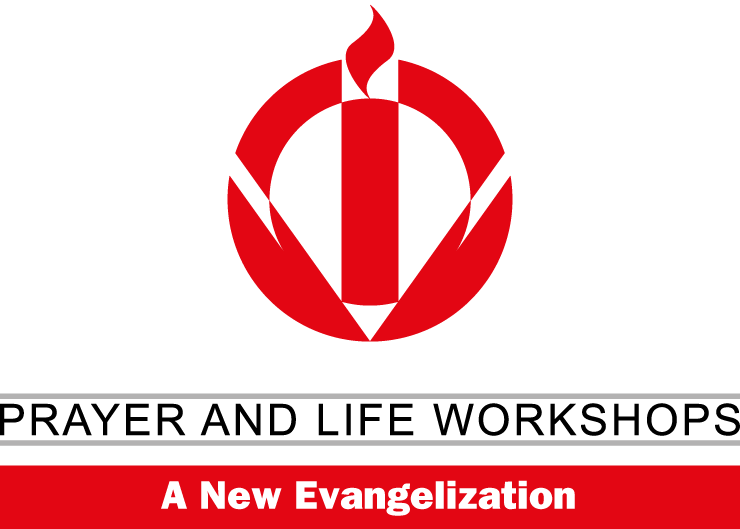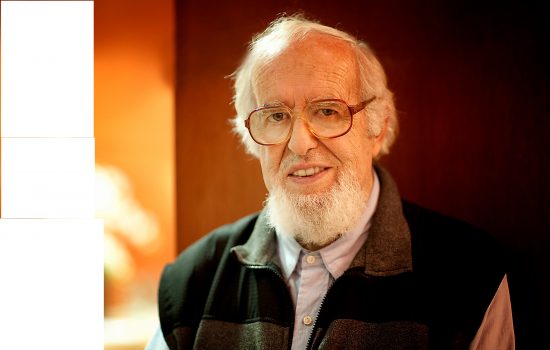Communal harmony is woven with a pattern of demands, like respect, communication, dialogue, protection, acceptance… But there is a primary and necessary condition: to forgive. We need peace. Only in peace does the encounter with God take place. And only by means of forgiveness does peace come about.
To forgive is to let go of resentment toward another. To forgive is to let go of resentment toward another. With the act of surrender, resistance is placed in the hands of the Father ó resistance to the other and resistance to myself or in a unique act of adoration, in which and by which we are one.
There is what is known as intentional forgiveness. It is a willful forgiveness because we want to forgive. We want to wrench from the heart all hostility and not feel any hard feelings. We sincerely forgive but this includes those who say: I forgive but I do not forget. This forgiveness is not enough to heal the wounds.
There is also emotional forgiveness. This does not depend on the will because the will does not have control over the emotions. Emotional forgiveness heals the wound.
There are three ways of granting emotional forgiveness.
The first is given in a state of prayer with Jesus:
Center yourself. Evoke, through faith, the presence of Jesus. When you have entered into full intimacy with Him, bring to mind the memoryof your “enemy” brother or sister. Slowly, trying to feel each word, say this prayer:
I want to forgive, Jesus, as You forgive.
Right now, I want to “be” You. I want to forgive that person
as You would. I want to forgive…
Imagine how darkness disappears in the presence of any light.
The second path of emotional forgiveness is under-standing. If we could understand, we could not fail to forgive.
Think of your “enemy.” When your attention is focused on him or her, make the following reflections:
Except for extraordinary cases, no one in this world acts with evil intentions, no one is evil. If others offend me, who knows what is happening with them? Who knows but maybe they are gointhrough a serious crisis? What seems to be pride may really be shyness. Their attitude toward me appears to be stubbornness, but it may be something else: the need for self-affirmation.
His behavior appears aggressive to me; in reality he shouts empty threats in order to assure himself. If I suffer because of his behavior, he suffers even more. He would like to be at peace with the whole world, and yet he is always in conflict with it. He did not choose this way of life.
After all this, can our “enemy” be that much to blame? Does it make sense to be irritated by a behavior he did not choose? He do not deserve rejection but, rather, understanding. By all accounts, is it not I who am mistaken and unjust in my attitude, and not the other? Don’t we always ask for the Father’s mercy? If we knew how to understand this, the sun of anger would set, and peace, like a blessed shade, would enter our innermost rooms.
The third way of forgiveness is detachment.
This is an act of mental effort to detach and divert our attention. III feeling is a river that runs between my attention and my “enemy.” It is an intentional and emotional resistance launched against the other.
When you become aware that you are overpowered by the memory of some “enemy,”make an act of mental control and detach your attention; simply cut this link of attention. Empty yourself inside, suspending for a moment all thought. Then begin to think about something else and mentally fly in some other direction.
Take every opportunity to practice this exercise of forgiveness. Soon you will feel that you are no longer bothered by the memory of that person.
From the book ´Sensing your hidden Presence´ by fr. Ignacio Larrañaga










